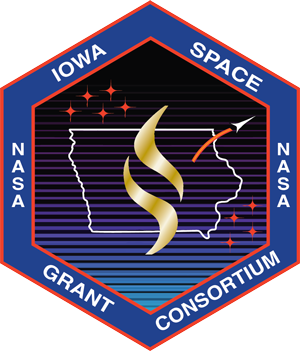While space flight is a crucial and exciting part of NASA’s mission, it can inflict a significant blow to one’s physiology. The intense vibration of an aircraft rattles the brain, resulting in changes on the cellular, molecular, and even cognitive level. Studies have demonstrated that helicopter pilots enduring chronic, low-level vibrations are more vulnerable to central nervous system (CNS) degeneration. Furthermore, mild traumatic brain injuries (mTBIs) can mimic neurodegenerative conditions such as Alzheimer’s and Parkinson’s Disease in their molecular and cognitive manifestation. Therefore, it is critical to the safety of astronauts to better understand the CNS effects of the vibrations endured during space flight.
Our lab employs a mouse model of mTBI on cognition and neurodegeneration. We test mice that have had mTBIs in different cognitive and behavioral dimensions, including an operant conditioning paradigm that assays working memory, attention, and decision-making. We then examine biomarkers of neurodegeneration in the prefrontal cortex, striatum, and hippocampus. A previous study conducted in our lab has highlighted a potential neuroprotective role of female sex hormones following mTBIs. We hope to expand this research to specifically investigate the repetitive vibrational injuries endured during spaceflight to inform safety procedures and possible neuroprotective interventions and treatments for traumatic brain injuries.

